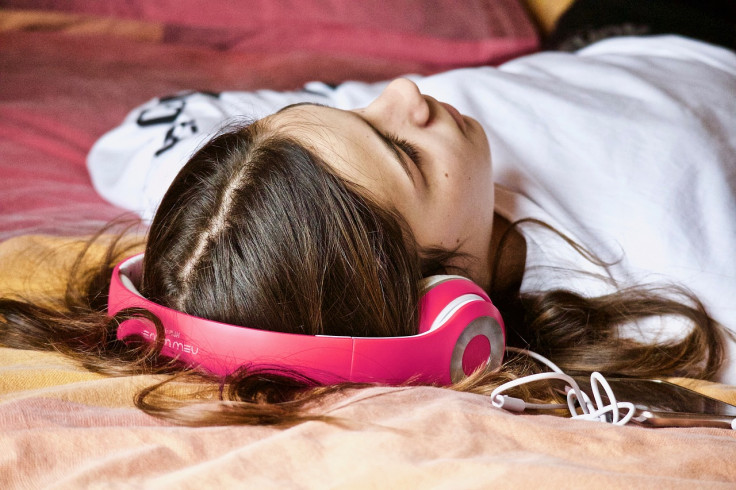White noise apps may produce more harm than good
There is no evidence that white noise apps work, but what researchers know is that there may be negative consequences due to the usage of these apps.
Millions of people download white noise apps in order to help them sleep at night. However, using this as a sleep aid may pose more harm than good, according to a recent study.
A study published in Sleep Medicine Reviews titled, "Noise as a sleep aid: A systematic review," showed that there is no evidence that these apps do work. What they know is that there may be negative consequences due to the usage of this app.
Dr Mathias Basner, professor of psychiatry of the School of Medicine at the University of Pennsylvania in Philadelphia, and one of the authors of the study stated that he would not normally recommend these apps due to the lack of evidence that they work. When Basner and colleagues identified 38 studies and reviewed scientific literature, which investigated noise as a sleep aid, they noted that there were instances when individuals tend to sleep faster with continuous noise in the background, however, they said that the quality of evidence supporting it is weak. They also indicated that there is one study, although they did not point out what it was, which stated that noise leads to more disrupted sleep.
Another concern raised by researchers was the potential ill-effects of not giving the auditory system to switch off at nighttime. They noted though that this was not yet tested. What they pointed out was that the inner ear would translate sounds and noise into nerve signals, which gets interpreted by the brain. The whole listening thing is an active process, which also generates metabolites. However, there are cases when a number of these metabolites are harmful to the ear. What the researchers advise is for a period when the auditory system could wind down, prepare, and regenerate for the succeeding waking period.
Another doctor, Colin Espie, who is from the University of Oxford, and a professor of sleep medicine stated in The Guardian, that he agrees that the quality of research on sleep and continuous noise is really poor. He said that the primary concern in overcoming poor sleep is the racing or busy mind because people could not just switch off mentally. He described white noise as a monotonous stimulation, which has also been tried for so many times but the evidence on whether it actually works is poor.
© Copyright IBTimes 2025. All rights reserved.






















